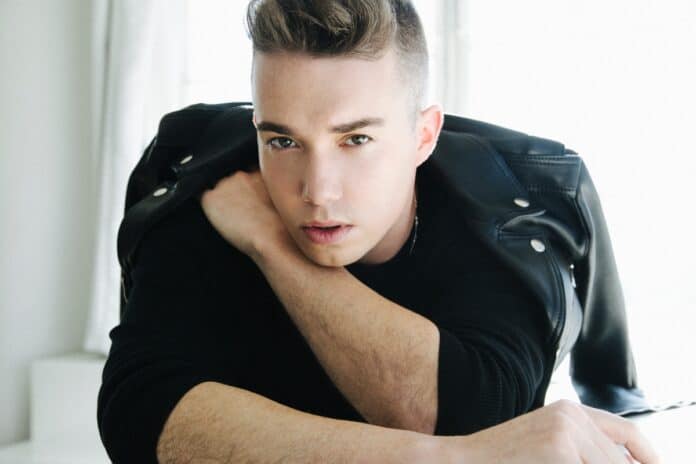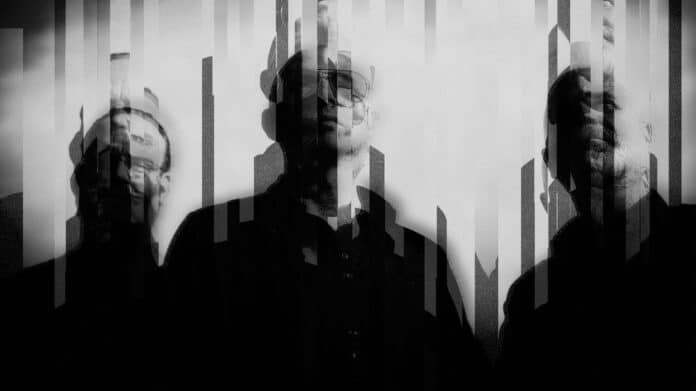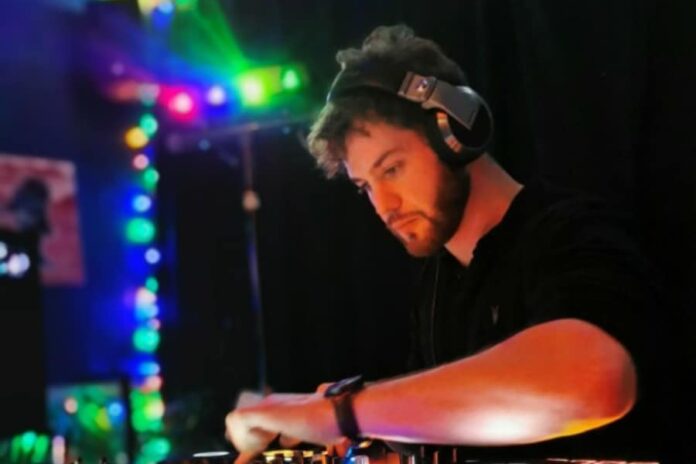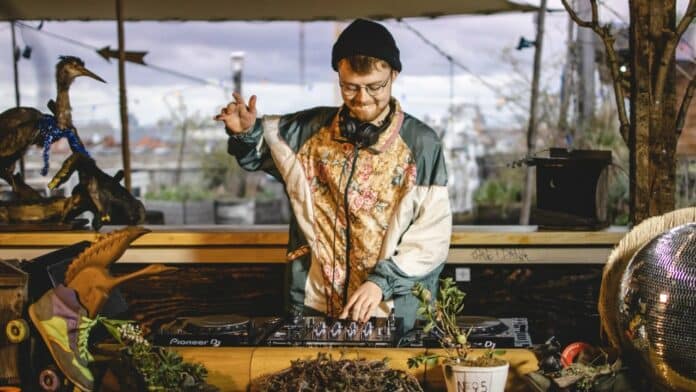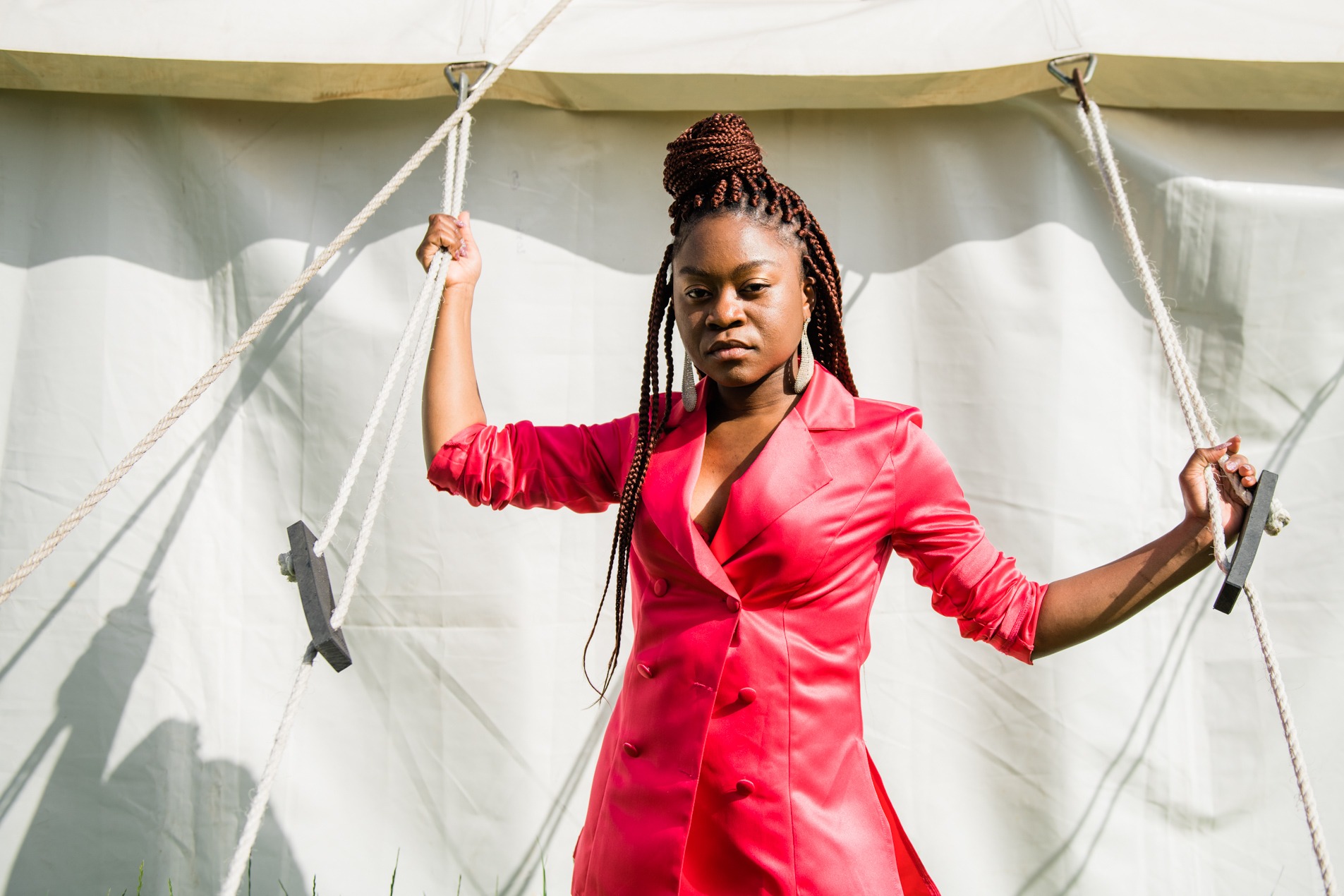
Sampa the Great talks homecoming Zambia show, identity and Australia’s bushfire crisis
Zambian-Australian rapper Sampa the Great released her second album, ‘The Return’, last year to near-universal acclaim. A 19-track, true statement of purpose, it ran through a gamut of genres: funk, soul, R&B, hip-hop and spoken word, while incorporating traditional folk chants and including guest appearances from her mother and sister. ‘The Return’ was an affirmation of Sampa’s identity – emanating joy, evoking a sense of home while allowing the listener to delve deeper into Sampa’s heritage.
Watch our video interview with Sampa above
A week before flying to India for her next performance, the rapper cut two songs straight to vinyl in London. 100% of the profits of the record are going towards the SOS Children’s orphanage in Botswana. On her choice of the orphanage, Sampa said, “I took a lot of time to talk about the home during my album. So, I thought it was important to provide resources for those without a home.”
NME recently caught up with Sampa in the capital. You can read an excerpt of the interview below and watch the full video above.
NME: So, you recently performed back home in Zambia.
Sampa the Great: “Yes, I did. Not in Botswana and they’re mad at me. I consider Zambia my home. My parents are from there, my relatives are from there. But I was raised in Botswana. I spent most of my life there, went to school there. Most of my friends are like, ‘So you’re going to completely forget you were raised here, to do a show’. But I thought Zambia was really important. Start there first. It was amazing, a bit scary just before I went on stage. I knew what it meant to me to perform at home.”
Especially for an album that talks so much about home and coming home…
“Everything has come into fruition now. I left home wanting to be an artist. I couldn’t even say it out loud and finally going home as an artist. People at the show, buying tickets. Like, okay, this is real. That was my ‘this is real’ moment.”
How have you found the reception to the album?
“It’s been beautiful. Some people live the story that I’ve said in the album. They are displaced. They do feel like they need to go to a home where they haven’t been. For a minute, I felt displaced myself. It’s a story that we’re too embarrassed to say out loud but a lot of people connect to it. I’m glad I was available to do it. It was therapy for me as well. It was life and people got to see me at my most vulnerable. And I was most comfortable with that.”
You’ve taken the album to different countries around the world. Have you been back to Australia? (As well as Zambia and Botswana, she’s also spent time living in Australia and the US.)
“Yes, I have. [I got to say] ‘This is who I am, I’m going to sing in a different language. You don’t understand it but you’re going to feel my presence’. I thought that was important, especially at a show where I was reclaiming my identity. This is who I am. You in Australia who have never heard me sing a full song in Bemba [language spoken in north-eastern Zambia] are going to listen and embrace this bit of this person’s identity. It was beautiful.”

You’ve previously said that the Australian industry has made you out to be an outsider. What was it like coming back to a triumphant return?
“For me, it felt whole. I know it took a minute for others to be like, ‘Aw this, is another bit of herself’. Like, the Black Power bit. You’re not getting what I’m trying to say. For me, it was finally like I’ve addressed this. I’ve told you guys where I’m from and I can finally say it out loud on a big platform, my album and, at the end of the day, if you have any other, that’s your bit. I’ve told the full story without expecting you to say my story for myself.”
Were you in Australia during the bushfire crisis?
“Not when it began. I was home. It began during November last year. I came through when it started getting intense. I was actually in Melbourne when the air quality started getting bad. It was really bad.”
How have you found the community’s response to it?
So, you know the music community, the music industry has been putting on bushfire events and bushfire charities, which have been dope. One of the most important things that have come to light is the people who had nothing or whose homes were stolen are even more affected after. It’s important to say that regardless of all of us being affected by bushfires we have to look at the land and see if they’re okay. It was their home, it was stolen, now it’s being burnt. The psychological effects of what that’s doing to people. I thought it was important to be a part of a bushfire fundraiser myself which we’re doing February 26th. We’re raising money for First Nations Fire Relief.”
In Sydney? Melbourne?
“Melbourne. It’s important to show that we do care. The government has been doing what they’ve been doing for a long time when it comes to first nations. It’s interesting to see the band together and sometimes, that’s what crises do. See the community band together even the one outside your home. It’s been beautiful to see people come together.”
Are you angry at the government’s inaction around the fire?
“Oh my god, yeah. That’s all I can verbalise right now. It’s disappointing [and] makes me angry. It’s sad. These are people’s lives at the end of the day. To see people throw that into the wind for money is always really saddening.”

